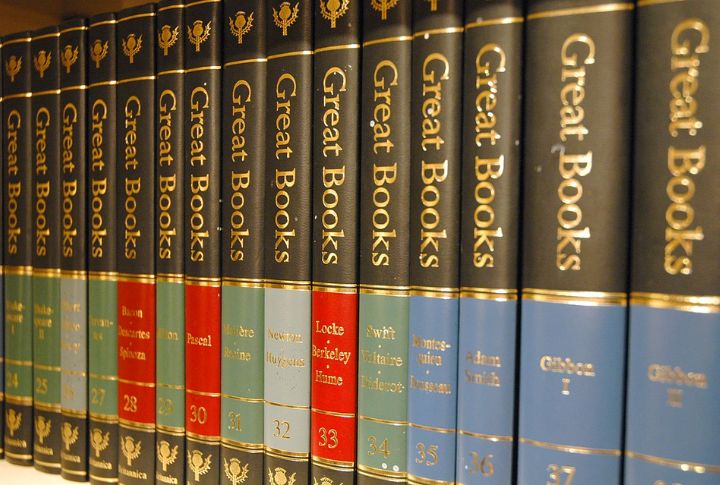
Some books entertain, and others make you think. Then there are masterpieces that pull you into their pages and refuse to let go. European literature is filled with such works. They tell tales of adventure, longing, revolution, and fate. If you’re looking for your next good read, pick one from these ten European books.
“Don Quixote,” Miguel De Cervantes
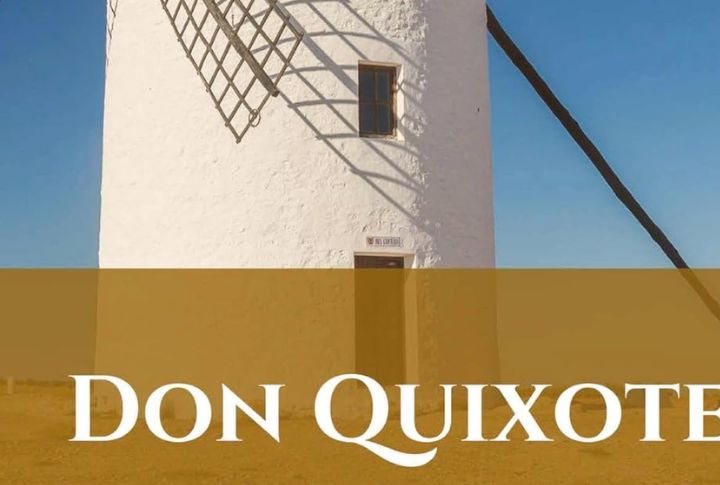
A dusty road and windmills mistaken for giants! The world’s first modern novel begins with a man in battered armor. Cervantes’ “Don Quixote” is an uproarious satire on heroism and fantasy, but it’s also a deeply human tale about dreams and reality and the blurred line between them.
“War And Peace,” Leo Tolstoy
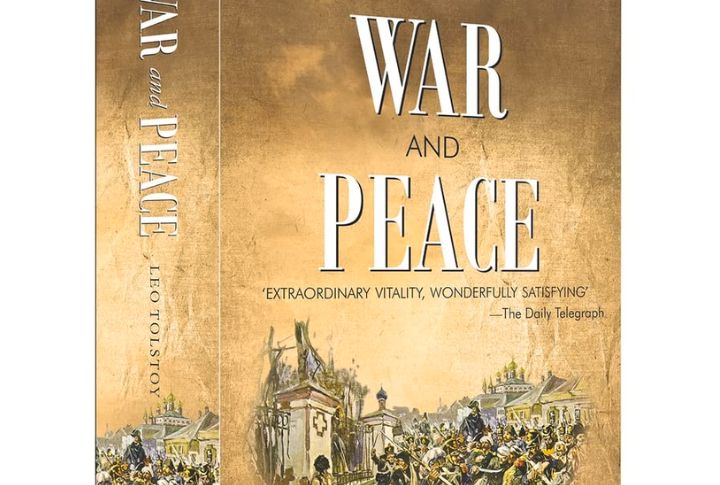
Tolstoy goes beyond storytelling to build an entire world where war rages. Here, families rise and fall, and fate spares no one. It’s a novel of love and loss, grand battles, and quiet reflections. People are caught between their desires and the destiny of nations.
“The Trial,” Franz Kafka
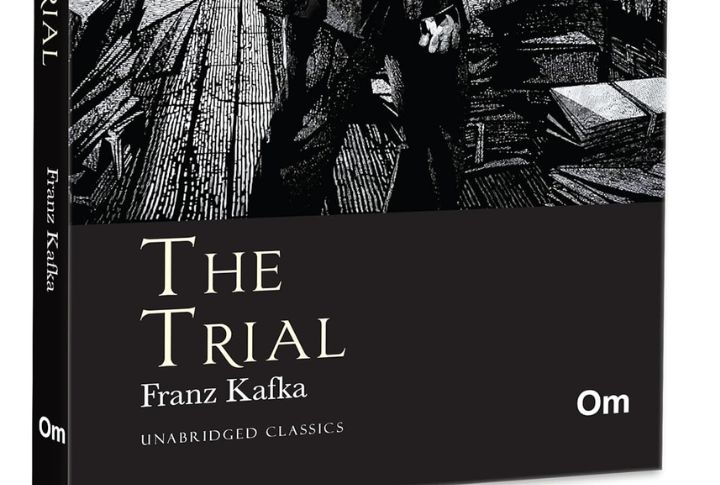
What if you found yourself in custody without explanation? You search for answers, but the system is a maze without an exit. “The Trial” drags you into a world where logic crumbles and power remains faceless. Kafka’s nightmarish vision of bureaucracy is chilling and far too familiar even today.
“Madame Bovary,” Gustave Flaubert
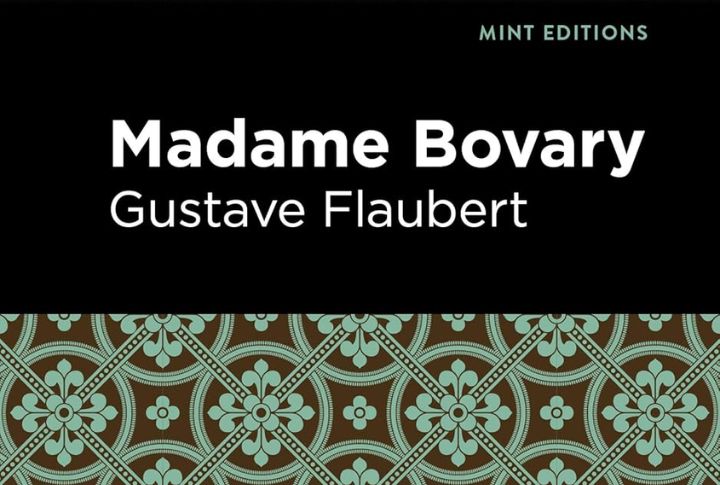
Emma Bovary dreams of passion and escape, but what she gets is one suffocating reality. This masterpiece paints a woman consumed by longing and crushed by society’s expectations. Her pursuit of happiness leads to choices that expose her world. You may admire or pity her, but you won’t forget her.
“Ulysses,” James Joyce
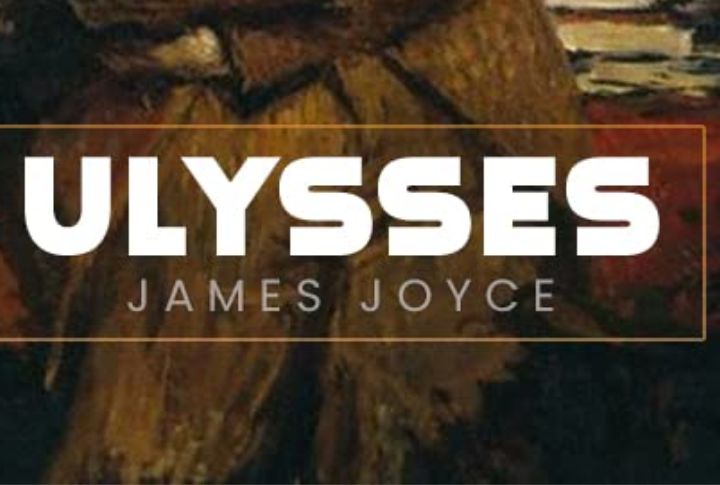
“Ulysses” by Joyce takes you inside a whirlwind of thoughts and fleeting moments as Leopold Bloom moves through Dublin. It bends form and challenges every rule of storytelling. It’s a novel and a puzzle where one day, one city and one mind unwind into infinity. Dig in and let the story lead you.
“The Unbearable Lightness Of Being,” Milan Kundera
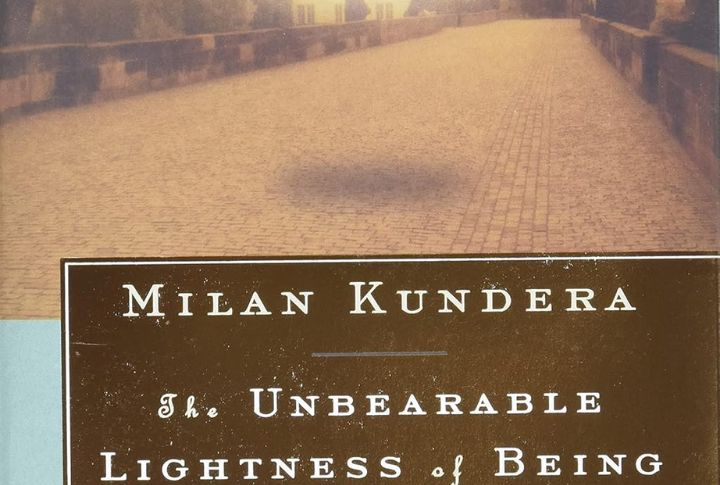
The question at the heart of this novel pitches living lightly against bearing the weight of love and history. Tomas and Tereza’s lives are entangled in desire and destiny. The prose flows effortlessly, lyrical yet sharp. Readers see how the tiniest choices shape their world.
“The Stranger,” Albert Camus
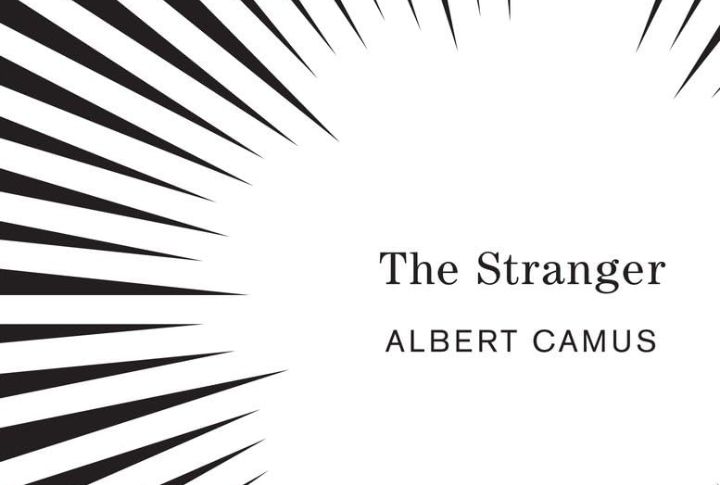
Camus’ “The Stranger” is a novel of absurdity, where life refuses to offer meaning, and choices lead to strange, inevitable consequences. It’s simple but utterly unforgettable. Sunlight glints off the sea; a gunshot echoes; a man who doesn’t cry at his mother’s funeral faces the weight of an indifferent world.
“The Master And Margarita,” Mikhail Bulgakov
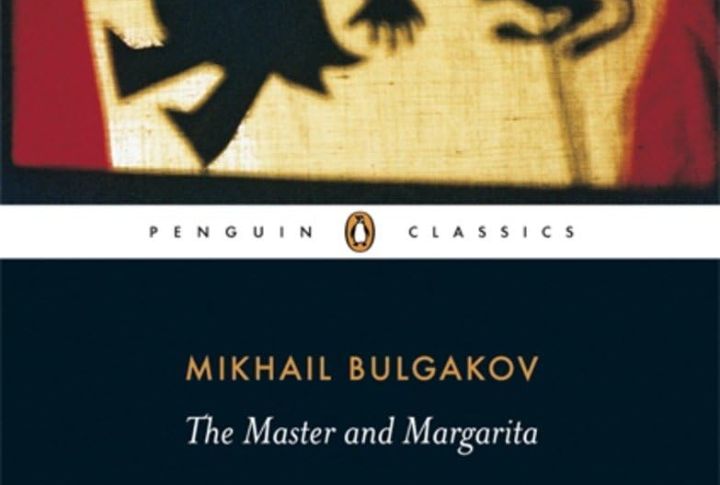
This one dances between humor and horror, chaos and beauty. It is strange and wildly entertaining. The “Master and Margarita” is a novel like no other—an engaging mix of political satire, love story, and supernatural stuff.
“If On A Winter’s Night A Traveler,” Italo Calvino
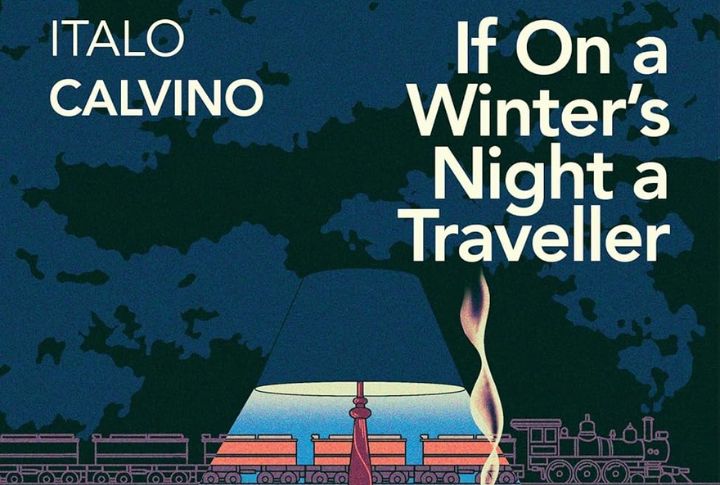
You start reading a book. But just as the story unfolds—it stops. Calvino’s book plays with storytelling itself. It’s a labyrinth of unfinished narratives and books within books. It’s as much about reading as it is about the stories themselves. Turning the page feels like getting lost in the unknown.
“The Name Of The Rose,” Umberto Eco
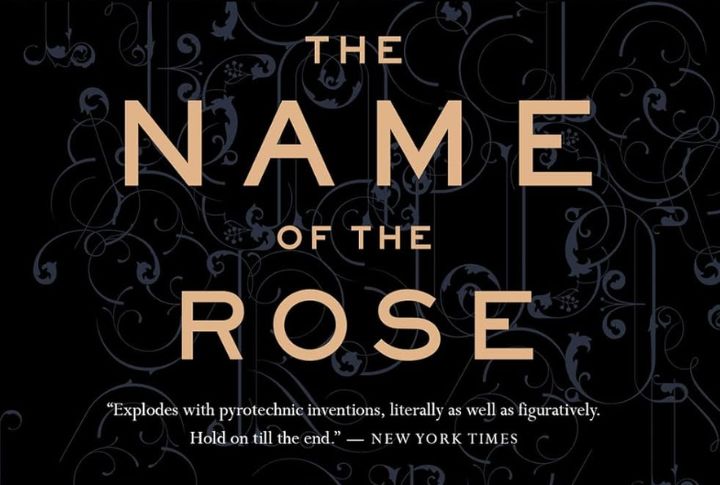
Murder in a monastery and a scholar-monk searching for the truth—”The Name of the Rose” is a historical mystery where reason battles superstition, and knowledge becomes a dangerous weapon. Eco crafts a tale of suspense wrapped in philosophy, and every revelation is as thrilling as it is profound.

